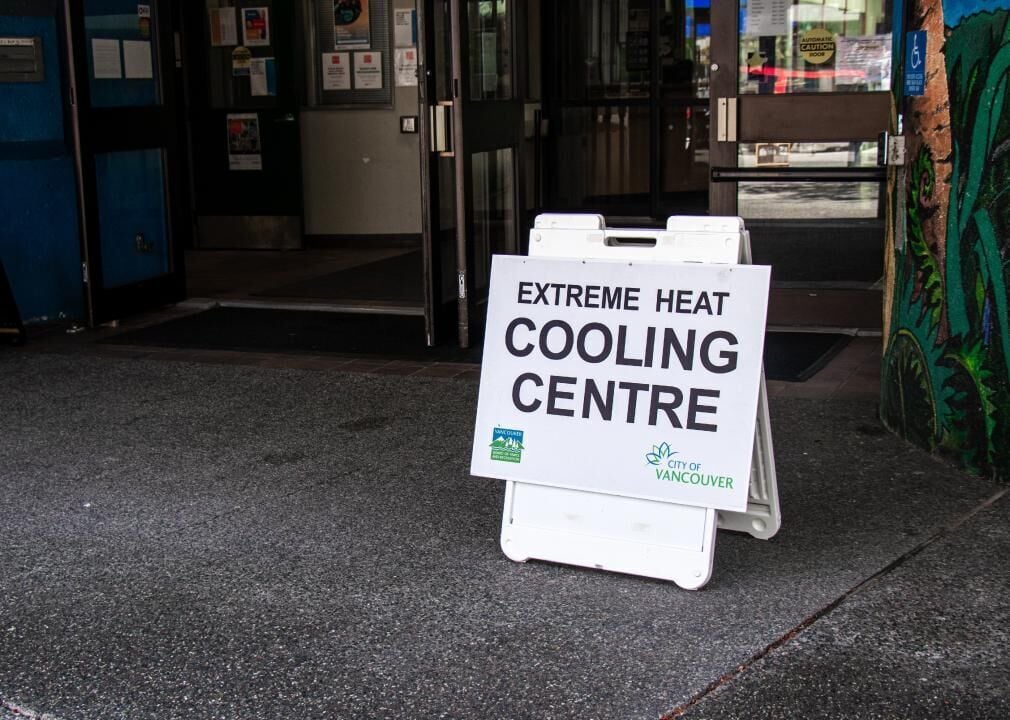Pima County is gearing up to fight the public health impact of climate change after a 4-1 vote by the Board of Supervisors to accept a state grant that will fund the work.
The grant provides a total of $200,000 over four years for efforts ranging from climate studies to extreme-heat alerts for residents — a particular concern in the third “fastest-warming” county in the nation.
Those efforts won’t directly combat climate change, however. Instead, they’re meant to lay the groundwork for future policies by boosting the county’s ability to deal with the crisis through new “infrastructure” and information-gathering.
Officials said the work will ultimately lead to a countywide “climate and health strategic plan” designed to protect residents as temperatures rise and other climate-related issues, like heavy monsoon seasons, continue to impact the region.
“The Health Department is excited to assess and build infrastructure around the health impacts of extreme heat and weather,” said Dr. Theresa Cullen, the director of the Pima County Health Department whose office is overseeing the efforts. “This is a critical part of our public health mission as we seek to mitigate environmental challenges that affect the health of our community.”
Cullen highlighted part of the grant-funded effort that will establish new “cooling shelters’’ throughout the county, which are air-conditioned buildings that act as havens for residents who need to escape extreme heat.
The new locations will add to Pima County’s existing network of shelters that are “activated” whenever the state or federal government issues temperature warnings.
Officials will also use the funding to gather information on the climate crisis by conducting studies on climate impacts in the region and pinpointing where residents are most likely to be impacted.
The county is partnering with local universities, which also received state grants, to produce the studies. The new information is expected to help officials craft policies that will mitigate climate-related issues down the line.
Maps showing health equity variables — factors that indicate the health of an area, such as income or education — are also being developed with the new funds. The maps will highlight areas where residents are most likely to get sick from things like unclean air caused by wildfires.
Supervisor Steve Christy represented the only vote against the initiative at Tuesday’s meeting, saying he was concerned that the Health Department wouldn’t be able to take on the extra work.
“We’re expanding the Pima County Health Department beyond their intended scope and they should remain focused on the traditional Health Department,” he said. “I just don’t understand why we want to expand the Health Department, which is already struggling with a number of issues, particularly the COVID crisis.”
Health Department officials said Christy’s concerns were unfounded ahead of the vote, adding that the department has focused on combating the public health impacts of climate change for nearly a decade.
“Since 2013, the Health Department has been engaged in a variety of activities that have to do with the mitigation of the impacts of climate change,” said Francisco García, the chief medical officer of Health and Community Services at the Health Department. “We believe that this is a continuation of the work that has been in existence and is appropriate.”
Pima County is expected to implement the planned efforts over the next four years as the state grant money is distributed to the region.





